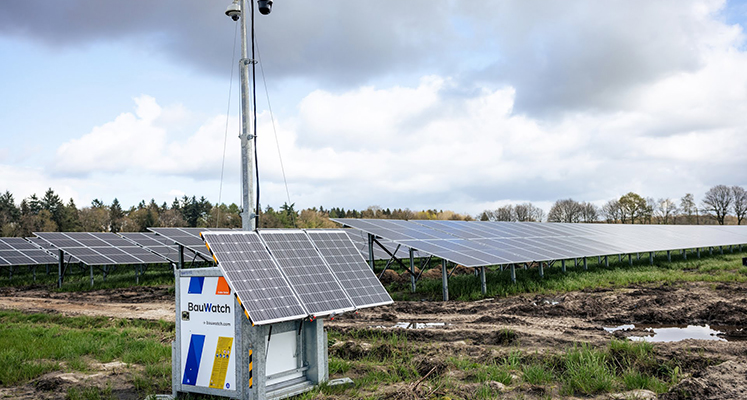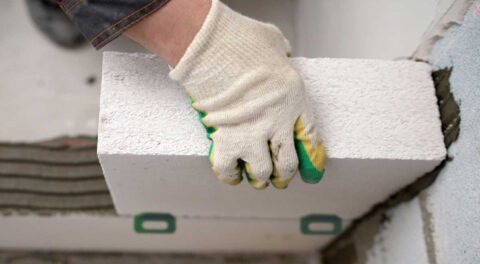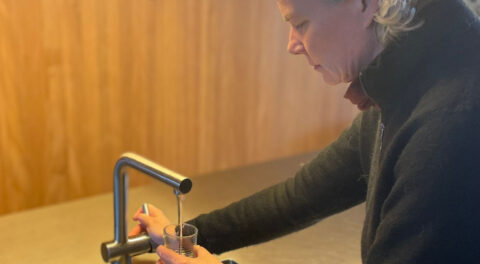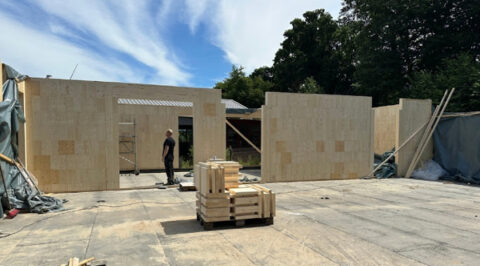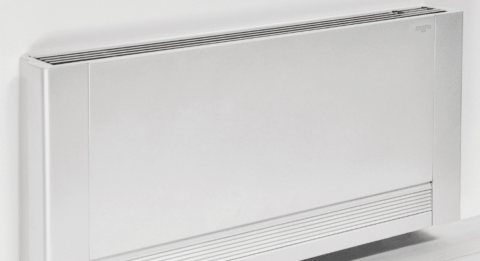More than half of Dutch construction workers see an increase in crime on the construction site. The vast majority (59 percent) have witnessed theft themselves and another 46 percent have experienced it multiple times within a few months. Ronald Boerkamp, Managing Director of BauWatch: "Theft and vandalism are huge challenges that will have cost the Dutch construction industry at least €250 million by 2023."
BauWatch, specialists in the security and safety of construction sites and others, presents the 2024 Crime Report for the Construction Industry. For the Crime Report, BauWatch spoke with 3,500 professionals from countries including the United Kingdom, Germany, France, Belgium and the Netherlands. More than 150 Dutch professionals working in construction participated in the survey.
Smarter and more advanced
By 2023, a vast majority of respondents (55 percent) perceived an increase in crime within the construction industry. This trend is further underscored by the fact that as many as 59 percent have actually witnessed theft at a construction site at one time or another. Construction sites in the western part of the country are the most frequent targets in this regard at 39 percent. What is even more disturbing is that 83 percent of respondents see that crime is becoming increasingly sophisticated, including through the use of social media or drones making reconnaissance flights over construction projects. These findings highlight the urgent need to include a strategy for better security measures as early as the preparation stage and seek collaboration within the construction industry to address it.
Main targets: construction, infra and solar parks
Solar parks have become a major target, the survey shows. In 2023, the Netherlands had over 560 solar parks totaling 3,621 hectares, or over 5,100 soccer fields. A huge area with great potential for criminals. Copper (39 percent) and cables (31 percent) are in demand, according to Ronald Boerkamp. "These materials have always been attractive to criminals," he says. "But copper's value in particular is increasing because of its role in the energy transition. We need copper in wind turbines, solar panels and electric cars. Many solar parks are also located along easily accessible sites, which provides an ideal opportunity to penetrate unsecured parks, according to data from The Land Registry.
But not only solar parks bear the brunt of criminals. Construction and infra projects involve a lot of work with cables; overall, cables account for a third of theft cases. "Here, for example, we still too often see valuable cable reels being tied together above ground and left unattended. That is alarming," Boerkamp adds.
Rising costs due to theft
As many as 62 percent of contractors state that costs have increased as a result of theft. The main reason for this is that materials must be replaced in 44 percent of cases, which in more than 4 out of 10 cases also results in project delays. According to data from Cornerstone Projects, a search provider for utilities, the associated delays are estimated to account for 10 to as much as 50 percent of total construction costs.
In 16 percent of cases, the cost in a single incident where materials were stolen exceeded 10,000 euros. In 67 percent of the cases, it was 5,000 euros. This shows that the damage from even "minor" violations can add up to a substantial amount of damage if no action is taken. The number of construction company bankruptcies in 2023 was the highest in the last decade. Costs resulting from crime can therefore have a major negative impact on businesses in this way.
Poor security sustains crime
That security on construction sites could be better is confirmed by workers on construction sites. One-third believe it is even poor. Another third of construction professionals indicate that security is a low priority. Boerkamp does not understand this: "The consequences of theft have a big impact on construction projects. Not only financially but also the delays it causes to projects. Moreover, you don't want to encourage theft. By not investing in security you perpetuate crime."
